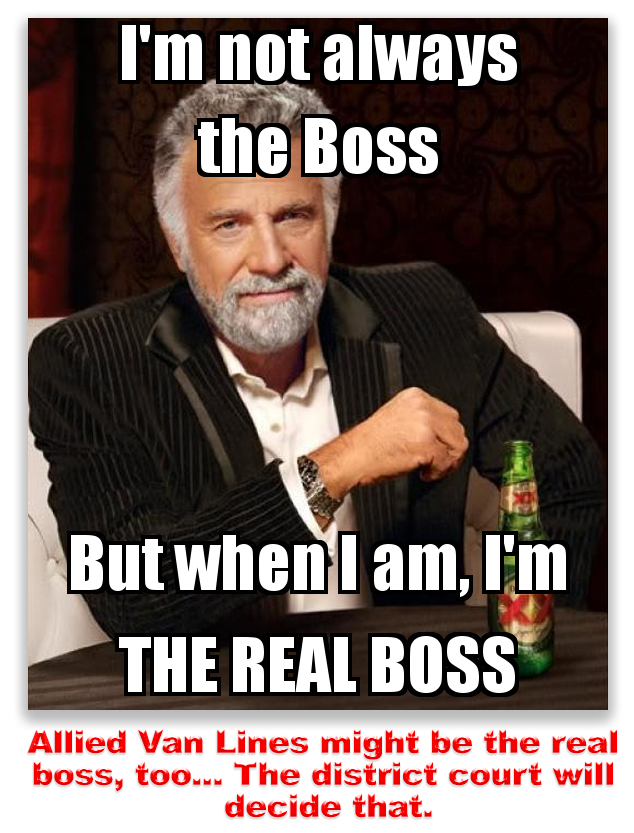We post news and comment on federal criminal justice issues, focused primarily on trial and post-conviction matters, legislative initiatives, and sentencing issues.

WHEN DOES THE PUNISHMENT END?
The Austin American-Statesman featured a fascinating story today about Lewis Conway, who served a sentence for manslaughter but now is running for elected office and challenging a Texas law banning felons from holding such positions. The article is slugged with the provocative heading, “Austin candidate Lewis Conway’s run asks when a criminal sentence ends.”
Perhaps sooner than “never,” which has otherwise become American society’s default position. Last week, Inside Higher Education reported that for the first time in 12 years, prospective students using the Common Application to apply to college will not be asked to report whether they have criminal histories.
Accepted by over 700 colleges and universities worldwide, the Common App is America’s most broadly used college application. The change comes following a 10-year campaign to “Ban the Box” by a broad coalition of advocates who claim that the question creates “an undue barrier that harms certain groups of students.”
Individual colleges will still maintain the right to ask the question on their supplements to the Common Application, just as they have had the ability to not consider the information provided to date. But advocates for “banning the box,” as the movement to end the question has been known, have said that including or dropping the question from the main application would have a major impact.
IHS reported that the criminal history question had not been demonstrated to meaningfully improve campus safety, and many accounts suggested that it deterred those who had been involved in the justice system from seeking higher education upon release.
A study conducted by the Education from the Inside Out Coalition found that for every student rejected by SUNY application committees because of a prior felony conviction, 15 did not complete their applications because they feared checking the box.
Inside Higher Education, Common App Drops Criminal History Question (Aug. 8, 2018)
The Crime Report, Ending Crime Checkbox for College Praised by Inmate Advocates (Aug. 10, 2018)
– Thomas L. Root






